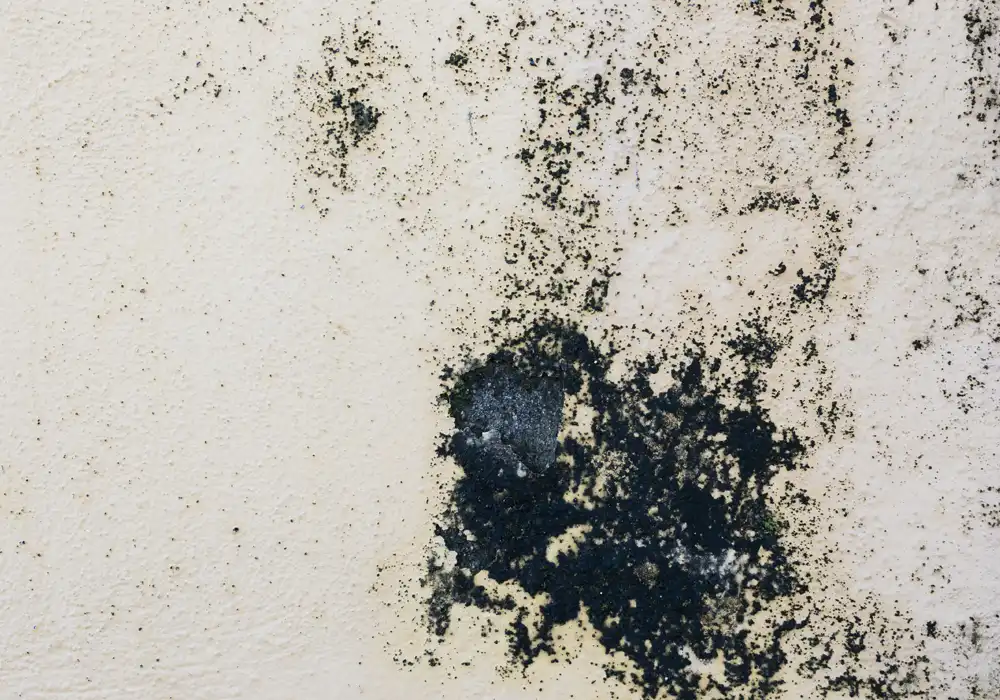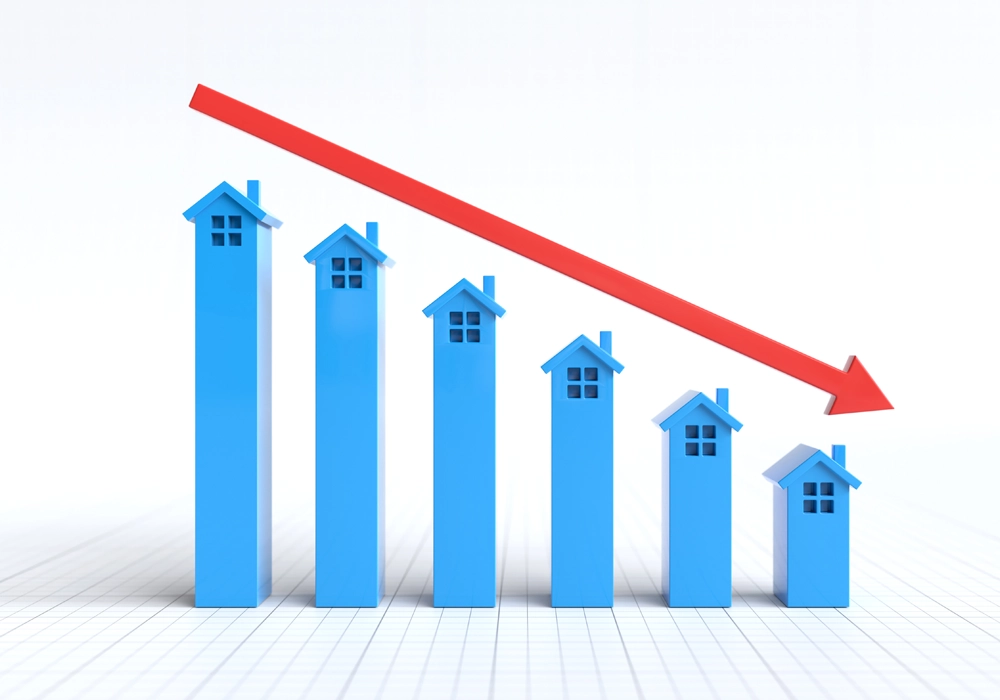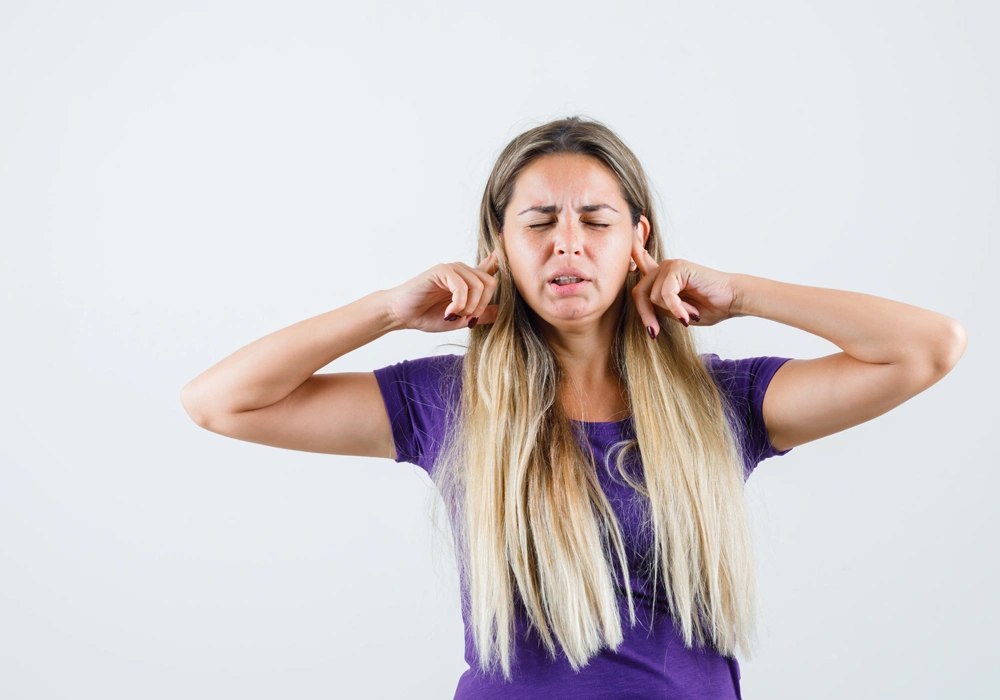Insulation is an essential part of any home, providing comfort and energy efficiency. When ignored, it can lead to a series of problems that affect both the well-being of the residents and their finances. In this post, we will address some negative points that may occur in your home if insulation installation is neglected.
Compromised thermal comfort
Without adequate insulation, your home can become uncomfortable under various weather conditions. During the summer, external heat can easily penetrate the walls and roof, resulting in hot and uncomfortable indoor environments. In winter, the lack of insulation allows internal heat to escape, leaving your home cold and unwelcoming.

Increased energy costs
One of the most significant consequences of not having insulation is increased energy bills. Without insulation, the air conditioning system needs to work harder to keep the house cool during the summer. In winter, heaters have to stay on longer to maintain a comfortable temperature. The extended use of both increases energy consumption and raises your costs.

Moisture and mold issues
The absence of insulation can cause problems related to moisture, creating an environment favorable to mold growth. Without insulation, the temperature difference between the interior and exterior of the house can cause condensation on walls and windows. This excess moisture can damage structures and cause undesirable stains. In addition to damaging the house’s structure, mold can also lead to health issues such as allergies and respiratory problems.

Property depreciation
Lack of insulation can negatively impact the market value of your home. Homes without insulation are less energy-efficient, which can be a decisive factor for buyers due to long-term operational costs, reducing the appreciation of your home in the real estate market.

Acoustic discomfort
Insulation plays an important role in reducing external noise. Without insulation, your home becomes more vulnerable to traffic noise, neighbors, and other external sources, making the internal environment noisier and less pleasant.

Structural deterioration
Lack of insulation can lead to faster deterioration of the house’s structures. Extreme temperature fluctuations can cause cracks and other damage to walls and roofs, compromising the structural integrity of the house over time.

Health comfort
The absence of insulation can affect the health of residents in various ways. Lack of insulation contributes to mold growth and moisture presence, which can cause or exacerbate respiratory problems, allergies, and asthma.

Investing in thermal insulation is essential to keep your home comfortable, efficient, and protected. Therefore, considering the installation of insulation is crucial to ensure a healthier and more cost-effective environment in your home.

